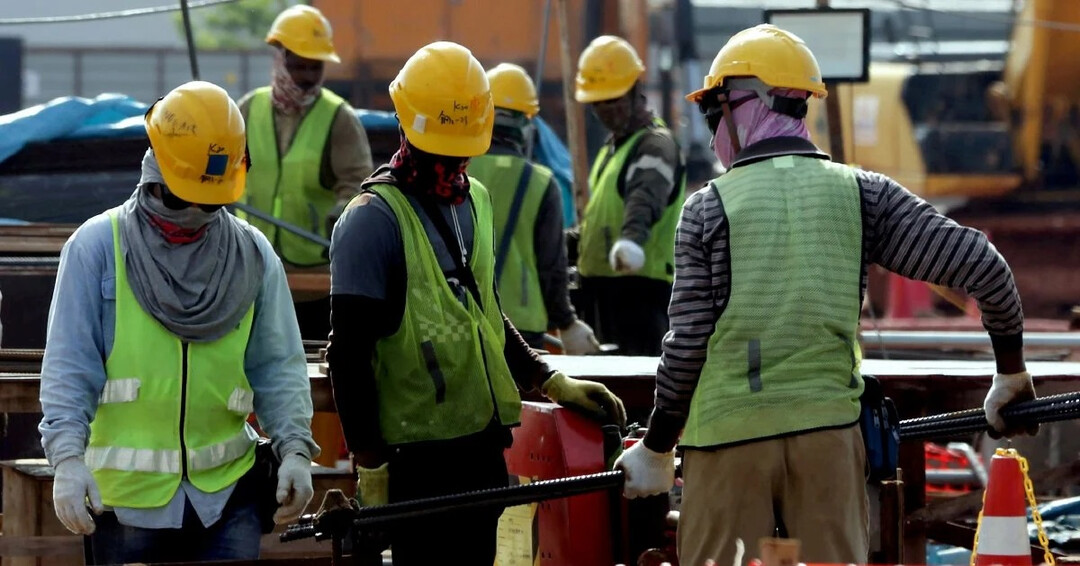
Budapest – Minister for National Economy Márton Nagy has decided to cap the maximum number of guest worker residence permits and residence permits for employment purposes at 35,000 in 2025.
"Hungary will be a country of Hungarians, neither a country of guest workers nor a country of migrants, and it will only be possible to reside and work temporarily for the purposes and under the title defined by the Hungarian state, subject to the fulfillment of the conditions defined by the state and the state’s decision to that effect. The government protects Hungarian families and Hungarian jobs, therefore the legislation stipulates that foreign workers can only be employed if Hungarian workers can no longer fill the vacancies," the statement said.
Hungary has maintained a quota system for two decades to regulate the number of workers from third countries. The theoretical maximum of this quota is typically based on the average number of vacancies in the previous four quarters.
According to data from the Hungarian Central Statistical Office (KSH), the maximum value of the quota for 2025 could potentially reach around 71,000. However, Minister Nagy has opted for a stricter approach, capping the total number of permits at 35,000.
"This means that the number of permits that can be issued will not even reach half of the theoretical maximum," the ministry emphasized.
As previously reported by Hungary Today, the government has announced plans to further tighten regulations on guest worker employment. These proposed measures include:
Automatic rejection of work permit applications: Employers fined for labor or health and safety offenses in the previous year may have their work permit applications automatically rejected.
Prioritizing Hungarian workers: Employers may have their applications rejected if they refuse to hire Hungarian workers without justification or act in bad faith during the mediation process.
Ban on private recruitment agencies: To prevent potential abuse, the government will prohibit private recruitment agencies from recruiting third-country nationals from outside the EU.
These measures underscore the government's commitment to protecting Hungarian workers and ensuring that foreign workers are only employed when there is a genuine labor shortage.
[Copyright (c) Global Economic Times. All Rights Reserved.]





























